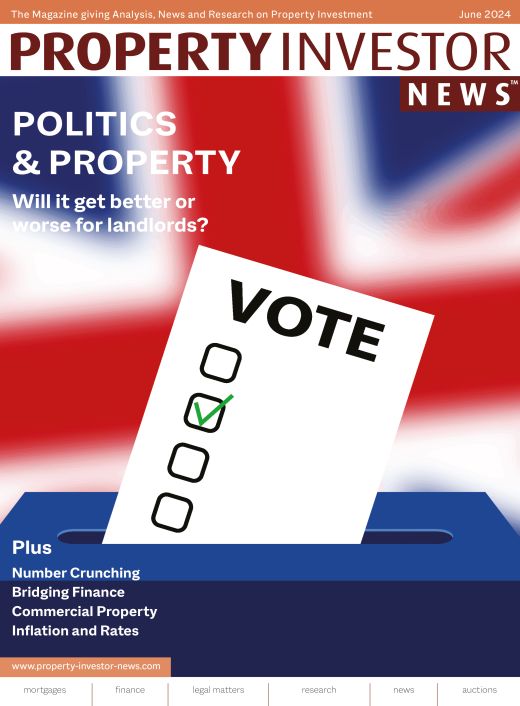The Bank of England (BoE) has warned the UK risked being plunged into the longest recession in 100 years after it pushed up the cost of borrowing to 3% in the biggest single interest rate rise since 1989.
A 0.75% increase, the latest in a series of eight interest rate rises since last year, would not be enough to guarantee victory in the war against double-digit inflation, the Bank said, as it cautioned further action would be needed.
The UK economy faces a “very challenging outlook”, with a recession that began this summer now expected to last until the middle of 2024. However, there was some relief for mortgage holders as the central bank downplayed City expectations of a steep rise in the cost of borrowing to above 5%, arguing that the prospect of a two-year recession meant it was likely to take a much less aggressive stance.
Andrew Bailey, the governor of the BoE, said: “We can’t make promises about future interest rates, but based on where we stand today, we think the bank rate will have to go up by less than currently priced in financial markets. These are big changes and have a real impact on people’s lives.”
Homebuyers with tracker or variable rate mortgages will feel the pain of the rate rise immediately, while the estimated 300,000 people who must re-mortgage this month alone will find that two-year and five-year fixed rates remain at levels not seen since the 2008 financial crisis. The Bank said the cost of fixed-rate mortgages had already come down from the levels seen at the height of the panic in the wake of Kwasi Kwarteng’s badly received mini-budget, which sent them soaring above 6%. Hinting at the Bank’s concern about the fragility of the housing market, Bailey said he hoped home loan providers would react by continuing to cut the cost of their products to homebuyers.
Bailey said he recognised the pain caused by a tougher interest rate policy but added: “If we do not act forcefully now it will be worse later on.”
The Bank now expects inflation, which hit 10.1% in September, to peak at 11% by the end of 2022, and then to fall “probably quite sharply” from the middle of 2023. It blamed higher energy prices and a tight labour market for the big increase.
Property market reaction to the record base rate rise
Rightmove’s property expert Tim Bannister said: “The era of historically low interest rates looks to be over. However, compared to the volatility of a few weeks ago, mortgage rates have now started to stabilise and fall. It’s important to look beyond the headline numbers, because, while “like-for-like” mortgage costs have been increasing, mortgage brokers and lenders will be able to help people assess the different options available to manage their costs and see if they can afford to move.”
Jeni Browne, director at BTL mortgage broker Mortgages for Business, said: “The 0.75% increase to the Base Rate is the largest in 33 years. While this may seem overwhelming, unfortunately, it’s necessary to keep tackling inflation.
“What landlords and property investors need to remember is that SWAP rates influence mortgage pricing for market-funded lenders, which is good news for fixed rate products. Rishi Sunak and Jeremy Hunt’s appointments and subsequent actions have been met with approval by the money markets, which has meant that SWAPS have started to ease down, so while the base rate rises, we are expecting fixed rates to come down slightly over the coming weeks.”
Iain McKenzie, CEO at The Guild of Property Professionals, commented: “The Bank of England faces a deft balancing act as it tries to combat inflation while not sending the UK into a deep recession. The rising tide of borrowing costs will likely see house price gains normalise back to more historical averages in the months ahead. But the cooling effect is unlikely to be as dramatic as some doomsayers are forecasting.
“Existing homeowners have been stress-tested to make sure they are able to withstand the pain of spiking interest rates. It won’t be pleasant, but most will adjust to the new normal by making savings elsewhere. If you’re unsure what kind of mortgage you are currently paying, it’s worth double-checking with your lender, as our research shows that 1.5 million fixed-rate mortgages are coming to an end in 2022.”
Cecilia Mourain, MD of Homebuying at Moneybox, said of the base rate rise: “A likely knock-on effect is downward pressure on house prices – increased supply and lower demand. If buyers can borrow less, they can offer less for a property Also, as existing homeowners come to the end of fixed rate deals, they may feel pressure to downsize in order to keep their mortgage payments manageable.”




























